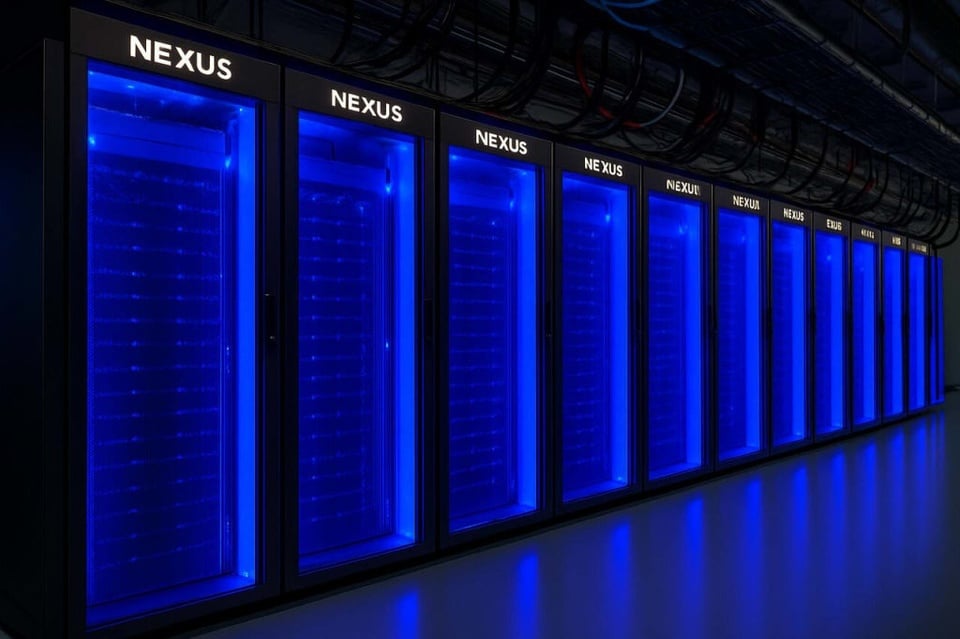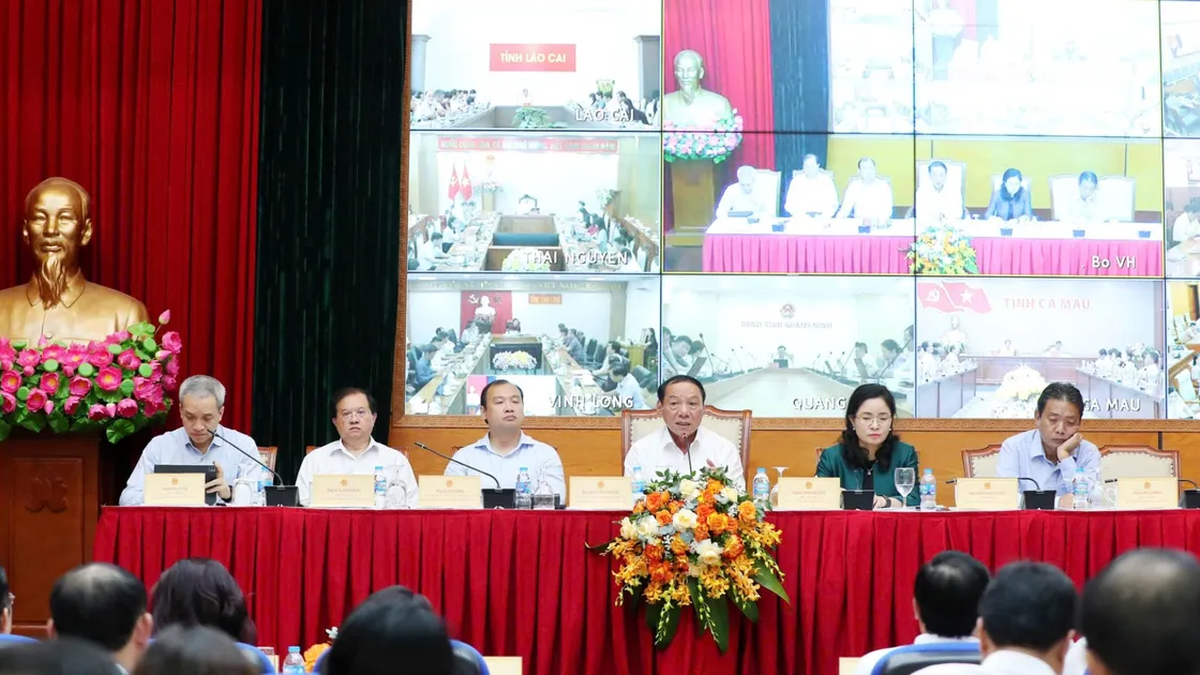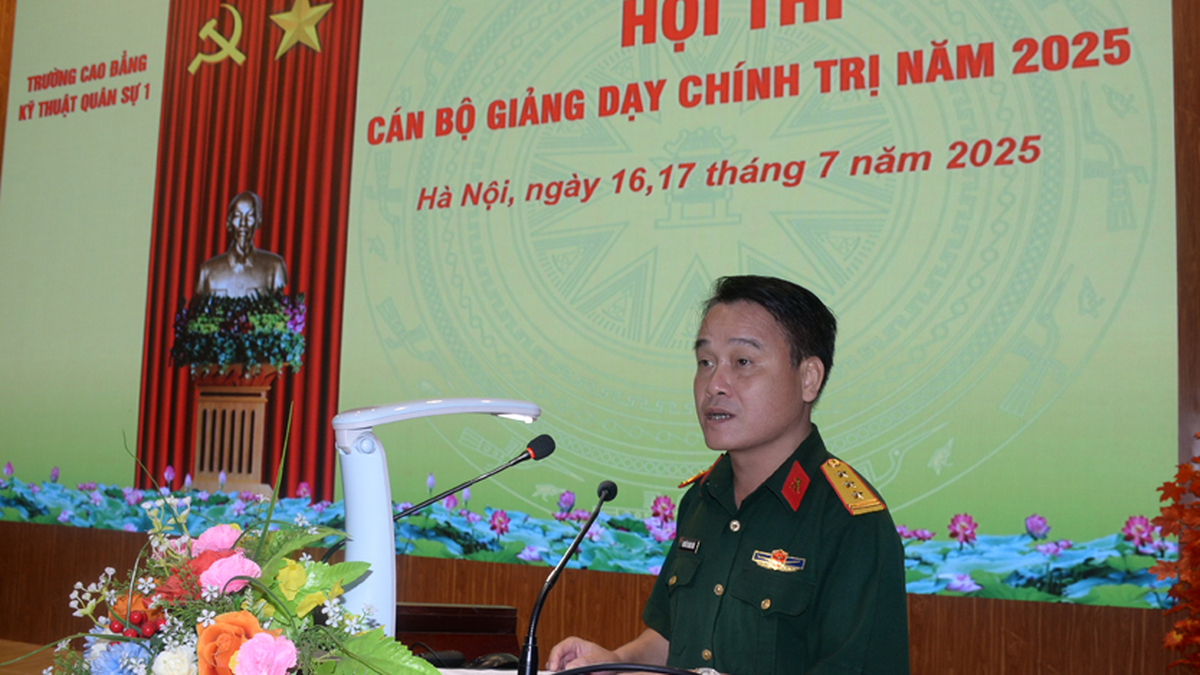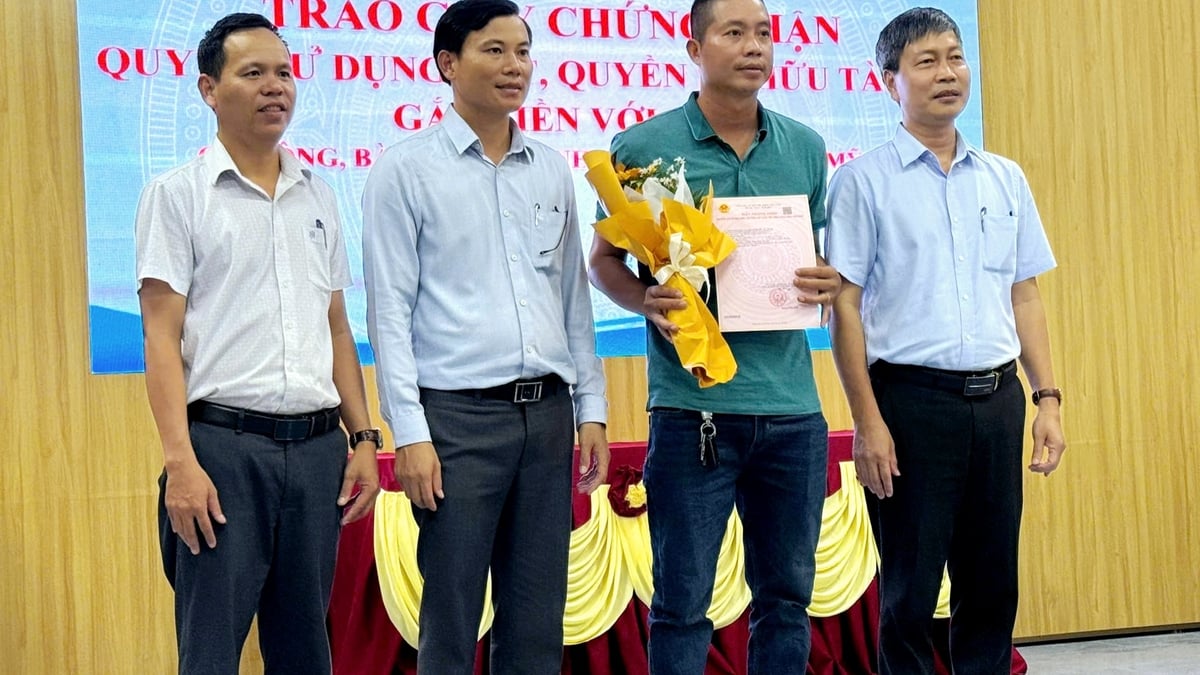 |
The US's AI Nexus supercomputer will calculate faster than 8 billion people combined when it is completed in 2026. Photo: Georgia Tech |
According to Interesting Engineering , the research community in the US is about to receive a big boost thanks to the superior power of AI. Specifically, the US National Science Foundation (NSF) has just approved 20 million USD for Georgia Tech to build Nexus, an artificial intelligence supercomputer with computing capabilities far beyond human capabilities.
Expected to be completed in spring 2026, Nexus will be capable of performing more than 400 quadrillion calculations per second, equivalent to every person in the world having to continuously perform 50 million calculations per second.
Nexus combines massive computing power with advanced memory and storage capabilities, including 330,000 trillion bytes of ROM and 10 quadrillion bytes of flash memory. That’s roughly the equivalent of 10 billion stacks of paper, and stacked on top of each other, it would form a column 500,000 kilometers high, enough to stretch from Earth to the Moon plus a third of the way back.
Specifically designed for artificial intelligence and high-performance computing (HPC) workloads, the Nexus supercomputer is expected to help solve challenges ranging from new drug discovery and clean energy to climate modeling and robotic innovation.
“We are proud to be one of the nation’s leading sources of AI talent and technology that is driving a revolution in the American economy,” said Ángel Cabrera, president of Georgia Tech.
More importantly, unlike traditional supercomputers, Nexus is widely accessible. Researchers from institutions across the country, not just major tech hubs, can apply for access through the NSF.
Additionally, the system is also designed with a user-friendly interface, making advanced AI tools more accessible to scientists in a variety of fields.
“The novel approach of the Nexus system is to combine support for continuous scientific services with more traditional high-performance computing. This will enable new scientific and AI workflows to accelerate the time to scientific discovery,” said Katie Antypas, director of NSF’s Office of Advanced Cyber Infrastructure.
Source: https://znews.vn/sieu-may-tinh-cua-my-tinh-toan-nhanh-hon-8-ty-nguoi-cong-lai-post1569261.html




































































































Comment (0)